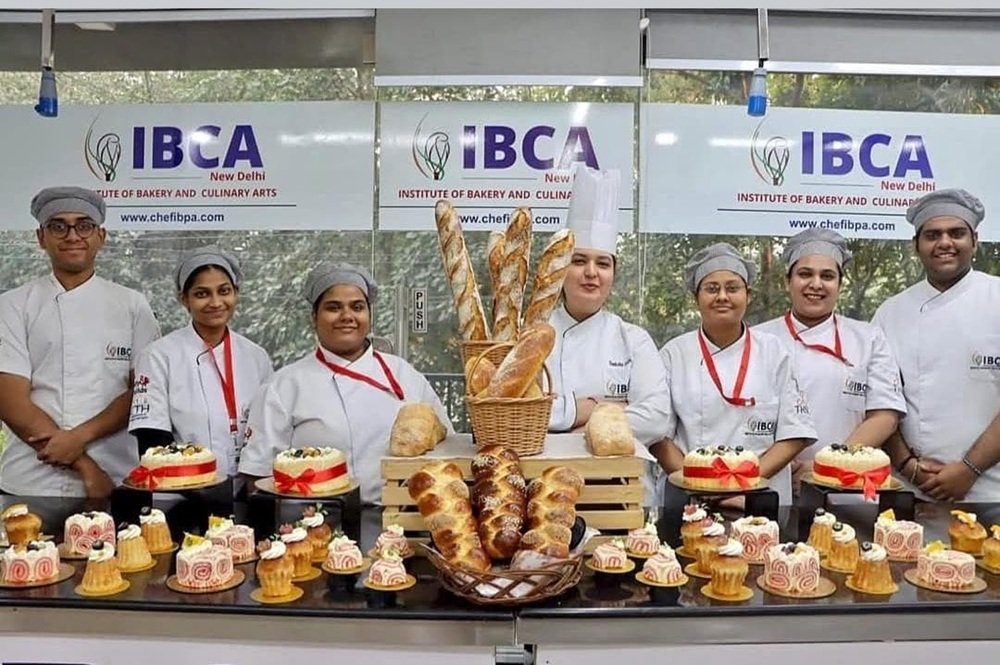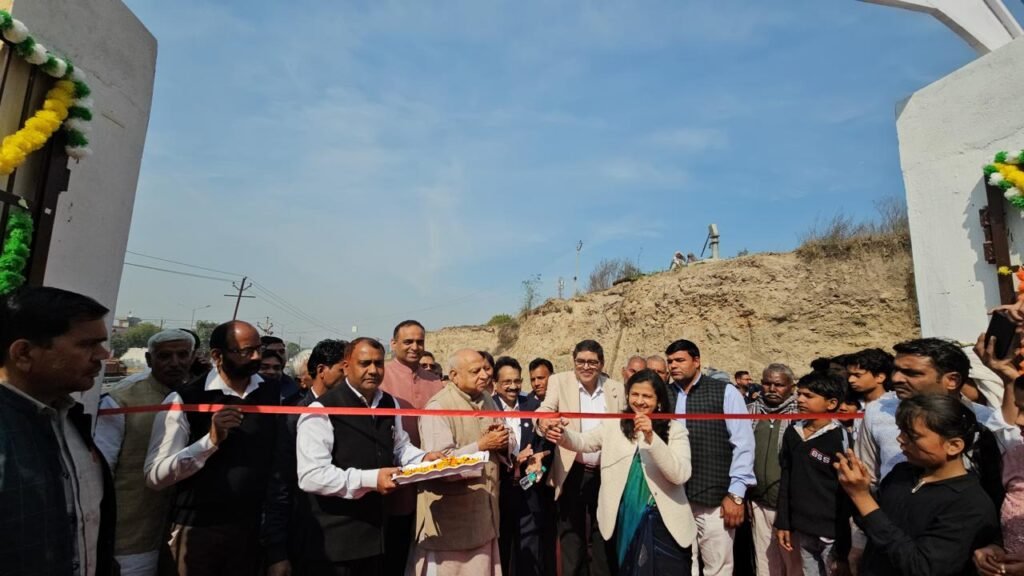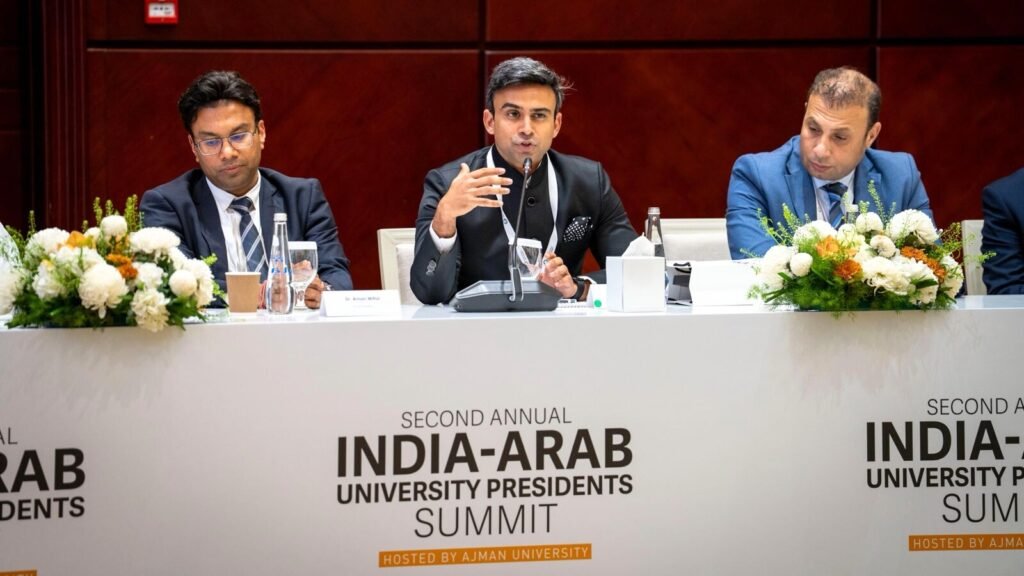Education is in Concurrent List of the Constitution and majority of Schools/Higher Education Institutions are in the domain of the respective States/UTs. The States/UTs and Centre endeavour to uplift the educational status of the students of the country, including rural and underprivileged students.
Various schemes/projects/programmes run by the Ministry have been aligned with the National Education Policy (NEP) 2020. NEP 2020 aims to ensure that no student loses opportunity to learn and excel because of the circumstances of birth or background. It has taken into account the concerns of the Socio-Economically Disadvantaged Groups (SEDGs) which inter-alia includes geographical identities such as students from villages, small towns, and aspirational districts and other categories. This policy aims at bridging the social category gaps in access, participation, and learning outcomes.
The Department of School Education and Literacy has implemented an Integrated Centrally Sponsored Scheme for School Education- Samagra Shiksha from 2018-19. It aims to ensure that all children, from pre-school to class 12, have access to quality education with an equitable and inclusive classroom environment which should take care of their diverse background, multilingual needs, different academic abilities and make them active participants in the learning process. Samagra Shiksha supports to all States and UTs for different interventions like composite school grant to every school for providing a conducive learning environment, grants for library, sports and physical activities, Free Uniform And text books to eligible students, support for Rashtriya Avishkar Abhiyan, ICT and digital initiatives, School Leadership development programme, remedial teaching for academically weaker students, etc. Under Samagra Shiksha, financial assistance is provided to States and UTs including rural and underprivileged students for the expansion of quality education by undertaking various activities such as setting up, up-gradation and running of Kasturba Gandhi Balika Vidyalayas, setting up and running of Netaji Subhash Chandra Bose Avasiya Vidyalayas, establishing of hostels under PM-JANMAN etc. Further, under the student-oriented component for the children with special needs, financial assistance is provided for identification and assessment of children with special needs, aids and appliances, Braille kits and books, appropriate teaching learning material and stipend to girl students with disability etc.
The integrated scheme of Samagra has also been aligned with NEP 2020 to focus on improving the quality of education through various measures such as introduction of new pedagogical and curricular structure, Early Childhood Care and Education, Foundational Literacy and Numeracy and Transforming Assessment for Student Development, Experiential and Competency based Learning, etc.
The Department of Higher Education has also undertaken various measures for expansion of quality education such as providing much-needed flexibility, allowing creative combination of subjects, providing multiple pathways, establishing equivalence and mobility to the students through National Credit Framework (NCrF), National Higher Education Qualification Framework, Academic Bank of Credit (ABC), multiple entry/exit; offering of courses and books / course materials in Indian Languages; use of technology to enhance access to education and for administration and governance of Universities and HEIs; permitting learners to avail upto 40% credit Courses from SWAYAM platform; industry academia collaboration for internships and to develop courses and curriculum to meet the industry and societal needs, offering of industry-aligned courses; embedding of Indian Knowledge system in the education etc.
The Department of Higher Education has launched the third phase of Rashtriya Uchchatar Shiksha Abhiyan (RUSA) as Pradhan Mantri Uchchatar Shiksha Abhiyan (PM-USHA) in June 2023 with an outlay of Rs. 12926.10 crore for the period 2023-24 to 2025-26 to cater to needs of educationally unserved/ underserved areas. It is a Centrally Sponsored Scheme aimed at funding specific State government universities and colleges, including in the rural areas, so as to improve their quality by ensuring their conformity to prescribed norms and standards.
Under PM-USHA, priority is given to Focus Districts. The focus districts are identified by the concerned States/UTs based on various criteria including low Gross Enrolment Ratio, Gender Parity, population proportion and enrolment proportion for females, transgenders, Scheduled Castes, Scheduled Tribes, and Other Backward Classes, Aspirational/ Border Area/ Left Wing Extremism prone district, etc.
The information was given by the Minister of State for Education, Shri Jayant Chaudhary in a written reply in the Lok Sabha today.



